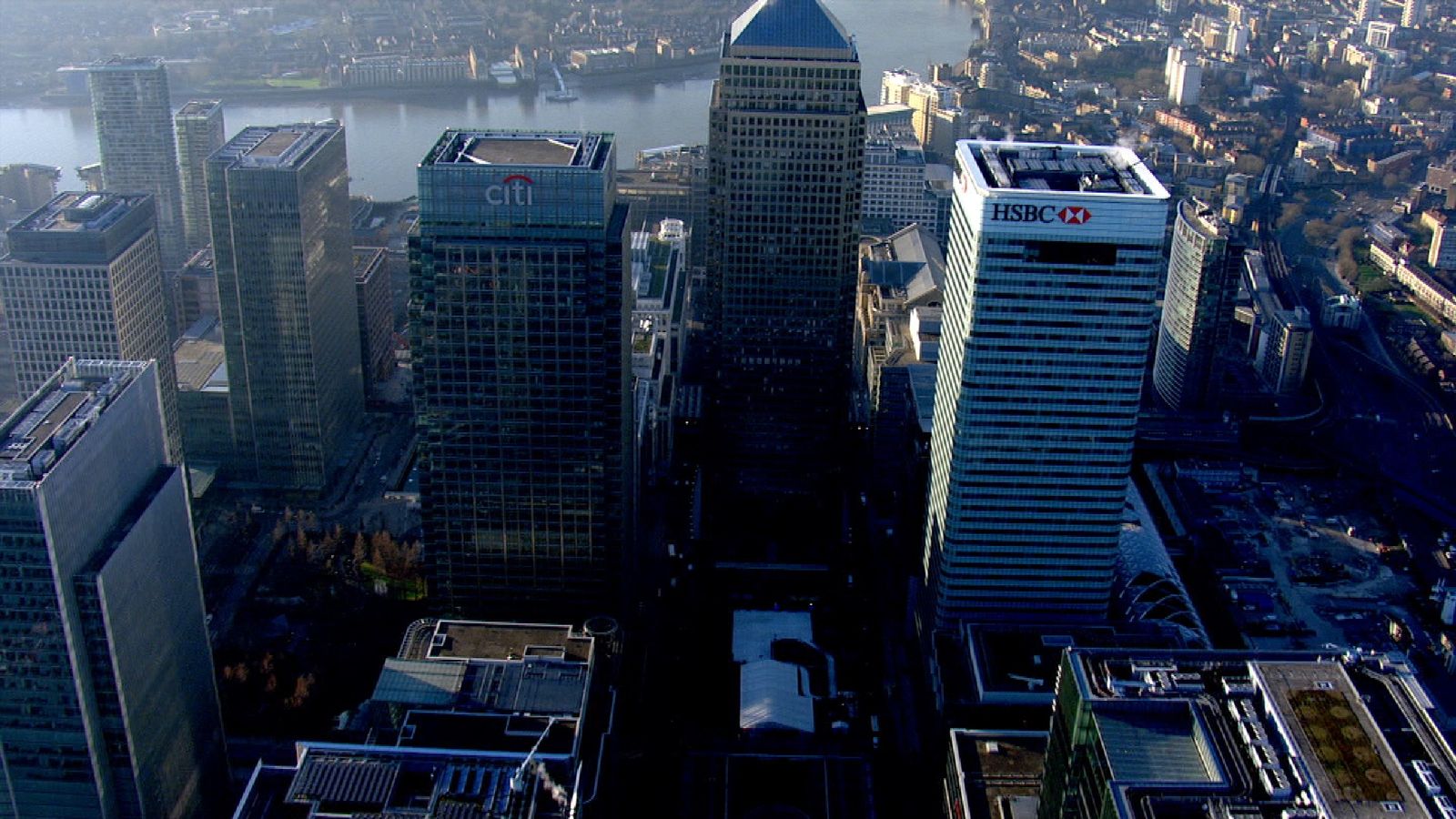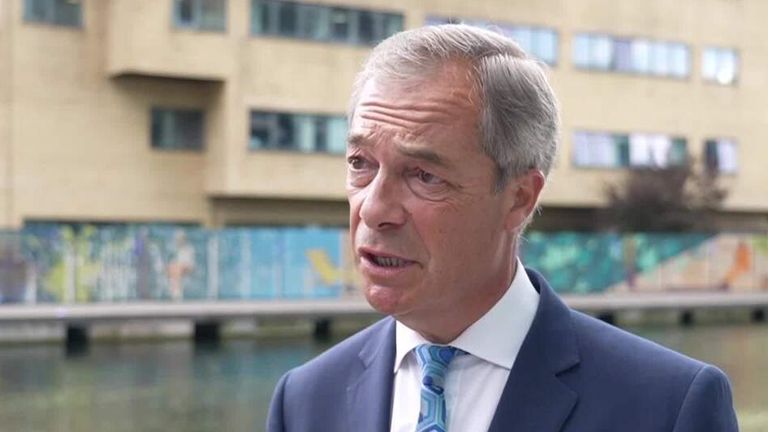MPs have raised concerns over the treatment of small businesses by major banks after figures showed more than 140,000 accounts were shut down by lenders over the past year.
As part of an inquiry into access to finance, the Treasury Committee gathered information from eight banks, including the so-called big four, on how many business accounts had been shut down.
The data showed that out of about 5.3 million accounts held by small and medium-sized enterprises (SMEs), 141,620 were forcibly closed by banks – 2.7% of the total.
The banks – Barclays, HSBC, TSB, Lloyds, Santander, NatWest, Metro Bank and Handelsbanken – gave a variety of reasons.
Lloyds and NatWest were among those who cited concerns about financial crime and fraud while HSBC UK said that about two thirds of the more than 26,000 accounts it closed in the 12 months to the end of October were related to customers’ “financial viability”, or the accounts being dormant.
But the committee said it was concerned that banks were giving a range of reasons for readily closing down business accounts with little or no notice.
It highlighted that just three banks blamed “risk appetite” as a reason behind forced closures, with about 4,200 cases listed.
Committee chair Harriett Baldwin said: “The fact that only three lenders included ‘risk appetite’ in their criteria indicates these discussions may not be systematically recorded – leaving questions over whether decisions on the debanking of certain businesses, based on what banks perceive as a risk, are happening informally.”
“We can see from these figures that thousands of small businesses fall foul of their bank’s risk appetite definition, leaving them without access to a bank account.
“I hope publishing this data can aid scrutiny of the decisions taken by banks and help to ensure legitimate businesses are not being unfairly treated.”
Martin McTague, national chair of the Federation of Small Businesses responded: “The number of small firms affected by debanking is high, and underlines the need for the FCA to shed light on this issue, by requiring banks to publish quarterly statistics.
“These should include the reasons for the bank’s decision to close an account, and demographic information on affected businesses, to keep tabs on whether certain groups are being disproportionately affected.
“Having your bank account closed suddenly – with little to no notice – is immensely disruptive to a small firm. You can’t pay staff or suppliers, while incoming funds will be delayed, putting pressure on cashflow and your ability to continue trading at all.
“Where possible, banks should give a reasonable amount of notice that they intend to close an account, and should share the reasons behind the decision, in case there has been a misunderstanding which the customer can clear up.”
The figures were published by the committee ahead of evidence, due later today, from Economic Secretary to the Treasury Bim Afolami.
He is expected to face questions on whether small businesses are being treated fairly by banks.
A separate report by the All-Party Parliamentary Group on Fair Business Banking, released recently, cast doubts on whether banks could be wrongly labelling customer accounts as a fraud risk to cover up concerns about costs and their reputation.
It found banks are more driven by profit and reputation, rather than tackling financial crime, when they decide to debank a customer.
The scrutiny by MPs is taking place against a backdrop of wider concern over the treatment of individuals.
The issue shot to prominence through the Nigel Farage debanking row last year that, ultimately, cost the the-then NatWest chief executive her job.
A spokeswoman for the FCA said earlier this month: “Under the law, banks and building societies can make commercial decisions about which customers they serve.
“We have said before that it might be time to look at whether all individuals, businesses and organisations should have the right to an account but it would be for the government and parliament to legislate for that.
“Within our remit, we are clear that banks should treat individual customers fairly and act proportionately to tackle financial crime. If we find firms are not doing that, we will act.”


